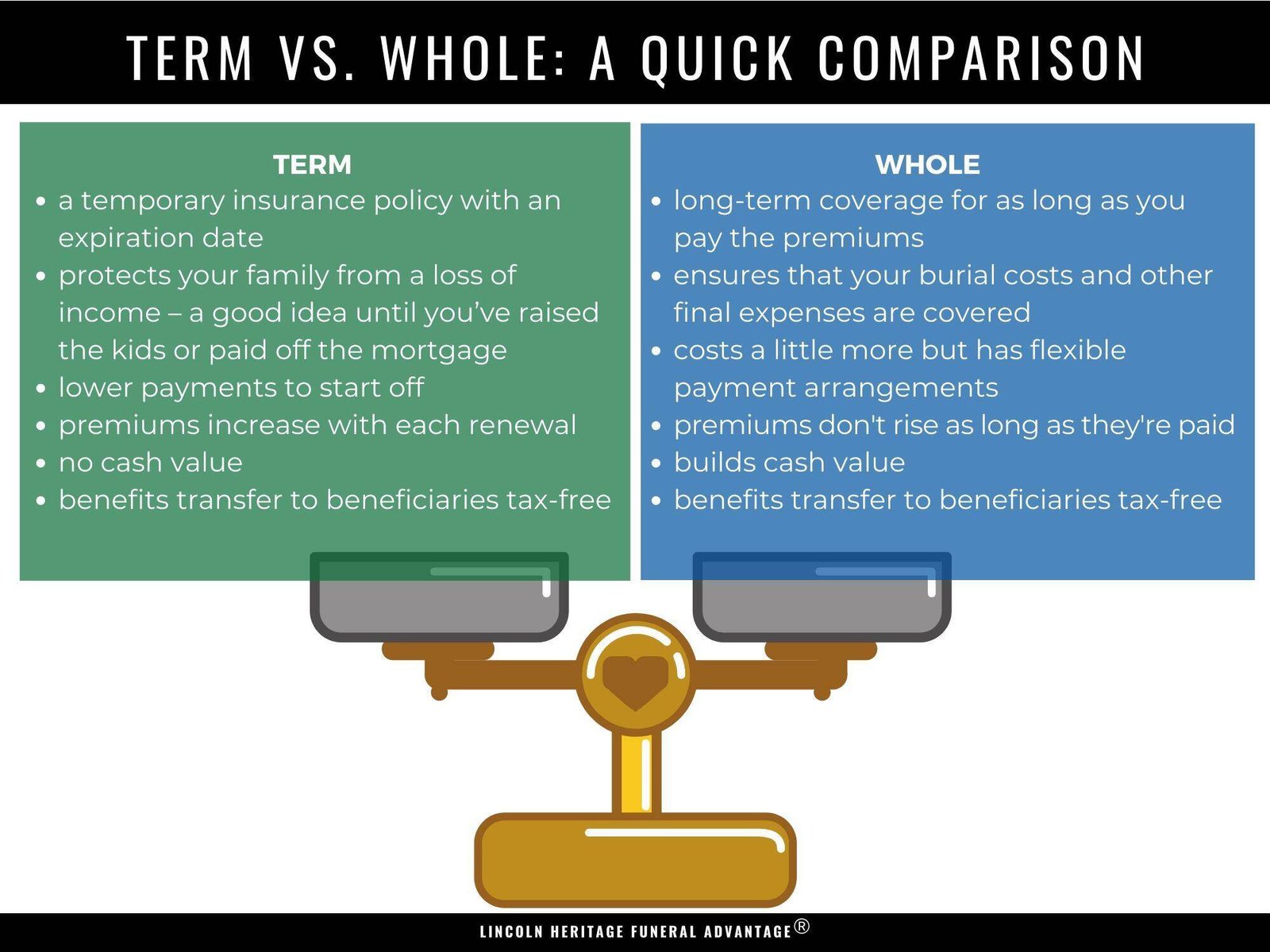What A First-Time Homebuyer Needs to Know
Unlocking Your Dream: A First-Time Homebuyer’s Guide
Congratulations! You’ve decided to embark on the exciting journey of homeownership. Buying your first house is a significant milestone, a chance to build equity, and establish a place to call your own. But where do you even begin? This comprehensive guide will walk you through the key steps involved in becoming a homeowner, from budgeting and pre-approval to finding the perfect realtor, navigating the offer process, and finally, closing the deal.
Building Your Nest Egg: Saving for a Down Payment
The cornerstone of any successful home purchase is a solid financial foundation. This starts with saving for a down payment, the upfront cash you contribute to the purchase price of the home. While the traditional 20% down payment is ideal (as it eliminates the need for private mortgage insurance – PMI), many loan programs offer options with lower down payments.
Here are some strategies to get your down payment savings on track:
- Budgeting: Creating a realistic budget is crucial. Track your income and expenses to identify areas where you can cut back. Consider using budgeting apps or spreadsheets to streamline this process.
- Prioritize Savings: Set a specific savings goal and automate a portion of your income to be deposited directly into your down payment savings account. Every little bit counts!
- Reduce Debt: High-interest debt can significantly impact your debt-to-income ratio (DTI), a key factor considered by lenders. Explore options for paying down high-interest debts like credit cards or personal loans.
- Boost Your Income: Consider taking on a side hustle or freelance work to generate additional income dedicated to your down payment.
Beyond Savings: Exploring Down Payment Assistance Programs:
Several government-backed programs and local initiatives offer financial assistance to first-time homebuyers. These programs can be a real game-changer, especially in competitive housing markets. Here are some resources to explore:
- Federal Housing Administration (FHA) Loans: These loans require a lower minimum down payment (often as low as 3.5%), making them ideal for first-time buyers with limited savings.
- USDA Loans: The United States Department of Agriculture (USDA) offers loans for rural property purchases with no down payment required, catering to homebuyers seeking a more affordable and potentially spacious living option.
- VA Loans: Veterans Affairs (VA) loans are a fantastic option for veterans, service members, and their eligible spouses. These loans come with significant benefits, including no down payment requirement, competitive interest rates, and often no PMI.
- State and Local Programs: Many states and municipalities offer down payment assistance programs for first-time homebuyers. Research opportunities available in your area through your state housing authority or local government websites.
Getting Pre-Approved: The Key to Making a Strong Offer
Pre-approval is a crucial step in the homebuying process. It involves a lender evaluating your financial standing, including your income, debt-to-income ratio, credit score, and employment history, to determine the maximum mortgage amount you qualify for. Pre-approval offers several advantages:
- Confidence and Clarity: Knowing your budget empowers you to focus on properties within your price range.
- Stronger Offers: Pre-approved buyers are seen as more serious contenders by sellers, strengthening your offer in a competitive market.
- Streamlined Process: Pre-approval accelerates the mortgage application process once you find your dream home.
When seeking pre-approval, obtain quotes from multiple lenders to compare interest rates and loan terms. Be prepared to provide documentation on your income, employment, assets, and liabilities.
Your Partner in the Search: Finding the Right Real Estate Agent
A real estate agent can be an invaluable asset throughout the homebuying journey. They act as your advocate, guiding you through the local market, negotiating with sellers, and ensuring the entire process runs smoothly.
Here are some key factors to consider when selecting a real estate agent:
- Experience: Seek an agent with experience in your target area and familiarity with the specific property type you’re interested in.
- Communication Style: Ensure you feel comfortable communicating openly and honestly with your agent.
- Negotiation Skills: Look for an agent with a proven track record of successful negotiations on behalf of buyers.
Don’t hesitate to interview multiple agents before making your decision. Ask about their experience, services offered, commission structure, and availability. Building a strong working relationship with your agent will be crucial in finding the perfect home.
The Hunt Begins: Searching for Your Dream Home
Now comes the exciting part – the house hunt! With your pre-approval in hand, you’re ready to collaborate with your real estate agent to identify properties that match your needs and budget.
Here’s how to make the most of your search:
- Define Your Needs and Wants: Create a clear list of your must-haves and nice-to-haves in a home. Consider factors like location, size, number of bedrooms and bathrooms, amenities, school districts (if applicable), and potential renovation needs.
- Utilize Online Resources: Online real estate portals like Zillow, Realtor.com, and Trulia offer a wealth of listings with detailed information, photos, and virtual tours.
- Work with Your Agent: Leverage your agent’s expertise. They can provide insights into specific neighborhoods, market trends, and potential off-market listings.
- Schedule Viewings: Once you’ve identified properties that pique your interest, schedule private viewings with your agent. This allows you to thoroughly assess the property, ask questions, and envision yourself living there.
Beyond the Basics: Considerations for the Inspection and Appraisal
While finding a house that ticks your boxes is crucial, it’s equally important to understand its condition. Schedule a home inspection with a qualified professional to identify any potential repairs or structural issues.
The lender will also order an appraisal to determine the property’s fair market value. Ensure the appraised value aligns with your offer price to avoid potential roadblocks during closing.
Making Your Move: The Offer Process
Once you’ve found your dream home, it’s time to make an offer. Your real estate agent will guide you through this process, considering factors like:
- Purchase Price: Research comparable properties in the area to ensure a fair offer. Aim to leave some room for negotiation.
- Contingencies: These are clauses in the offer that protect your interests. Common contingencies include approval for financing, a satisfactory home inspection report, and a clear title on the property.
- Closing Costs: Factor in closing costs, which typically include loan origination fees, title insurance, and property taxes.
Your agent will present your offer to the seller’s agent. There may be back-and-forth negotiations until a mutually agreeable price and terms are reached. Be prepared to walk away if negotiations don’t align with your budget or requirements.
The Final Stretch: Closing Procedures
Once your offer is accepted, the closing process commences. This typically involves a mountain of paperwork, but don’t fret! Your lender, real estate agent, and closing attorney will guide you through every step.
Key aspects of closing include:
- Finalizing Loan Documents: Review and sign the final loan documents with your lender, ensuring all terms are accurate.
- Title Review: The title company will ensure the property’s title is clear and free of any outstanding liens.
- Escrow: Closing funds are held in escrow by a neutral third party until the transaction is finalized.
- Closing Day: The official handover of the property takes place. You’ll sign final paperwork, pay closing costs, and receive the keys to your new home!
Congratulations! You’re a Homeowner
Owning your first home is a significant accomplishment. The process may seem daunting at first, but by following these steps, gathering the necessary information, and surrounding yourself with knowledgeable professionals, you’ll be well on your way to achieving your dream of homeownership.
Remember, this guide offers a general framework. Specific steps and regulations may vary depending on your location and chosen loan program. Don’t hesitate to consult with a mortgage professional and real estate attorney for personalized guidance throughout your homebuying journey.










